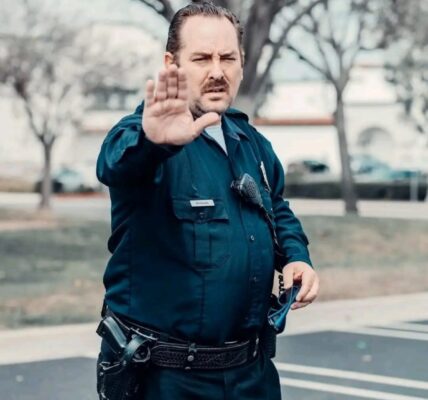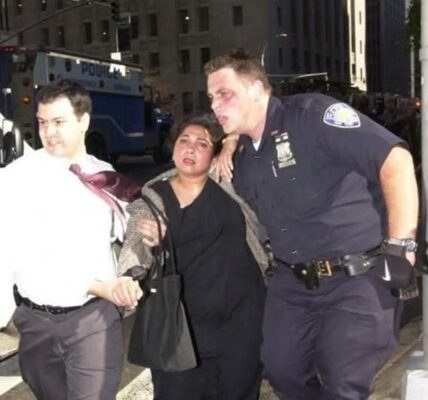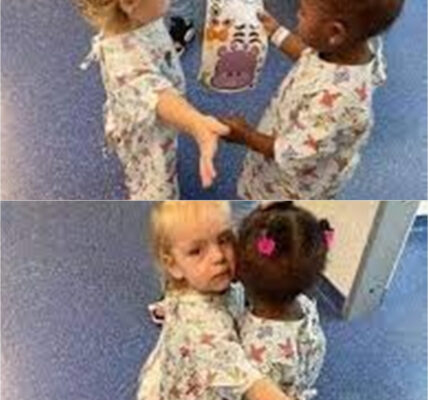
What I’m about to say may shock some people, but it comes from years of watching young men and women chase a dream that too often turns into a nightmare.
I work with college students every single day. As a campus minister, I walk alongside them in their struggles—worries about exams, about belonging, about what comes after the degree. I’ve cheered their successes and prayed with them through their failures. And yet, if I’m honest, there’s a hard truth I can’t ignore anymore:
Not everyone needs to go to college.
I know that sentence alone is enough to make some parents gasp. After all, for decades, society has preached one message: “If you want to succeed, you must go to college.” Commercials, school counselors, family gatherings—it’s been drilled into us that college is the ticket to stability, respect, and a better life.
But let’s be real. For many students, it’s not stability they’re buying—it’s shackles.
I’ve seen kids spend $25,000, $30,000, even $40,000 a year chasing degrees they don’t even want, just because it’s what was expected. They graduate with a piece of paper and a mountain of debt. Debt that doesn’t vanish when you land your first “dream job,” but lingers for decades, demanding payment month after month. Some won’t pay it off until their children are old enough to be in college themselves.
Now contrast that with a young man I met not long ago.
He came to my house to install a pipe in my yard. He was maybe 20 years old. Spent seven hours in the sun, sleeves rolled up, hands dirty, sweat dripping from his brow. And when he packed up his tools at the end of the day, he walked away with $2,000 in his pocket. In seven hours.
He didn’t owe Sallie Mae. He didn’t have sleepless nights wondering how to pay off tuition. He had a skill—a trade—that people needed. And that skill gave him freedom.
So I ask you: Who really has it figured out?
The graduate walking across a stage with $80,000 in debt hanging over their head?
Or the young tradesman who might pay cash for his first house before 25?
It’s not a hard question when you look at the numbers.
But here’s the real kicker: trades aren’t just about money. They’re about dignity. They’re about building something with your own two hands and knowing the world is better because of your work. They’re about being part of a legacy of skilled laborers—electricians, plumbers, welders, mechanics, carpenters—who keep our communities running.
And yet, we’ve spent so much time glorifying the four-year degree that we’ve made millions of young people feel like failures if they don’t follow that path. We’ve convinced them that working with your hands is “less than,” when in truth, it’s often the smarter, steadier choice.
The shame isn’t in choosing a trade—the shame is in dismissing it.

Parents, I need you to hear this. Don’t shove your child into college just because it’s what the neighbors are doing. Don’t ignore their talents or passions because they don’t fit neatly into a lecture hall. Be willing to have the honest conversation: What do you really want to do with your life?
Maybe it’s engineering. Maybe it’s nursing. Maybe it’s welding, carpentry, HVAC, plumbing. All of those paths can lead to fulfilling, stable, and respected careers.
We’ve got young people breaking their backs under debt, while others are debt-free and thriving because they chose differently.
I’ve seen the plumber buy a house while the grad with the master’s degree still lives with their parents. I’ve seen the mechanic send his kids to college debt-free while the law school grad struggles to make loan payments.
So the next time your son or daughter tells you they don’t think college is right for them—listen. Don’t assume it means they’re lazy or short-sighted. It might just mean they’re wise enough to see a different road.
At the end of the day, what matters isn’t whether you framed a diploma or swung a hammer. What matters is whether you’ve found a life that brings you purpose, stability, and the chance to care for those you love.
And sometimes, that life doesn’t come with a cap and gown. Sometimes, it comes with dirt under your fingernails, sweat on your back, and $2,000 in your pocket at the end of an honest day’s work.
So yes, I work with college students. I believe in education. But I also believe in honesty. College is not the “be all, end all.” It’s one path. A good path for many—but not for everyone.
Let’s stop pretending it is.
And let’s start respecting the men and women who chose a different way—because in many cases, they’ve figured out life better than the rest of us.




